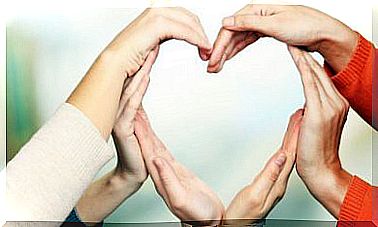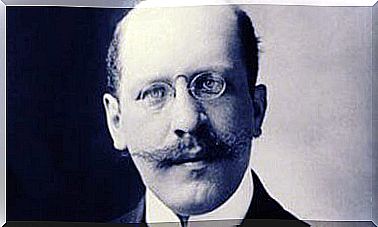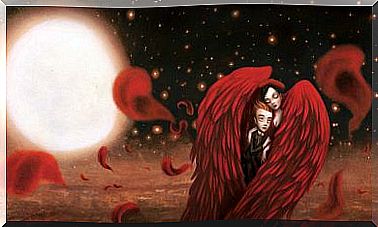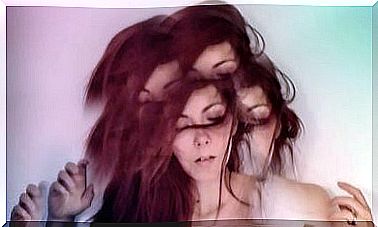When The Brain Looks For Someone To Blame For What Happens To Us

We don’t always realize it, but it does. The brain looks for someone to blame for what happens to us. It does not matter that it is something trivial and of no great consequence … To find those responsible for our sadness, bad luck or setbacks of destiny is a powerful defense mechanism, since we shift aspects that sometimes concern us on the shoulders of others.
If my partner leaves me overnight, for example, my mind whispers that there is probably a third person. It’s not always easy to assume that sometimes love runs out, wears out, and fades. Thus, in case I fail that exam, the responsibility lies with that professor who has a mania for me. Finding scapegoats is almost a constant in many people.
The blame game is similar to turning on a fan and haphazardly distributing responsibility for what happens to us. There are those who do it in a more declared way and others, on the other hand, are much more restrained and are able to perform an act of valuable constriction and reflect before pointing the finger. However, this phenomenon is more common than we think and has a recurring origin behind it: emotional mismanagement.
When things happen in the opposite way to what was expected we need to find a meaning to what happened. And this happens sometimes by blaming someone. We analyze it.

Why does the brain look for someone to blame for what happens to us?
As we walk down the street we slip when we step on the fallen leaves of a tree. As we get back on our feet after the fall, annoyed at attracting the attention of others, angry perhaps for having made a fool of ourselves, we tell ourselves that the city is to blame for everything. That local body is the one that should take care of keeping the pavement clean and collecting everything that is on the ground.
Finding culprits is sometimes easier than assuming evidence: bad luck exists and it is not always possible to find specific culprits. There are things that happen and that’s it. There are times when life brings casual and arbitrary misfortunes that it is useless to find someone responsible. However, he needs it: the brain looks for someone to blame for what happens to us.
Somehow, the mind is governed by that succinct balance in which reality follows a cause and effect. If something happens, it is because there is a reason. What’s more, the cause that has originated this misfortune belongs to others (never mine) because with it, we also overturn negative emotions, anger at that fall, anger at having made a fool of ourselves in the middle of the street.
Why does the brain play the blame game?
The brain looks for someone to blame for what happens to us and this is something that, on average, tends to happen more frequently than we think. So much so, that the mass media know it and make use of it.
In a study carried out at the University of Amsterdam, it was found that the most sensationalist newspapers tend to seek a strategy: to make the population look for a culprit for everything that happens.
And that culprit is always the great elites or a certain political party. In this way, this process can not only be manipulated, but it is a resource that we use almost unconsciously for the following reasons:
- It acts as a defense mechanism. Shifting the blame onto others frees me from my responsibility.
- Guilt is an attack resource, with it we seek to hurt others when we are angry.
- We are, on average, very bad at analyzing why certain things happen. We get carried away by prejudices, biases, by that quick thinking that does not reflect or meditate on things.
Everything negative bothers us … I have not been!
There are those who walk the world with the emotional management of a 3-year-old child. They are intolerant of frustration, escapists from responsibility, and allergic to negative emotions. When they make mistakes, when something happens over which they have no control, they channel their anger looking for guilty parties while repeating to themselves that “I have not been, I have not been”.
This low tolerance to error, to the uncontrollable part of life and misfortunes, subjects them to a state of constant anger. They are very problematic situations; both for themselves and for their environment.
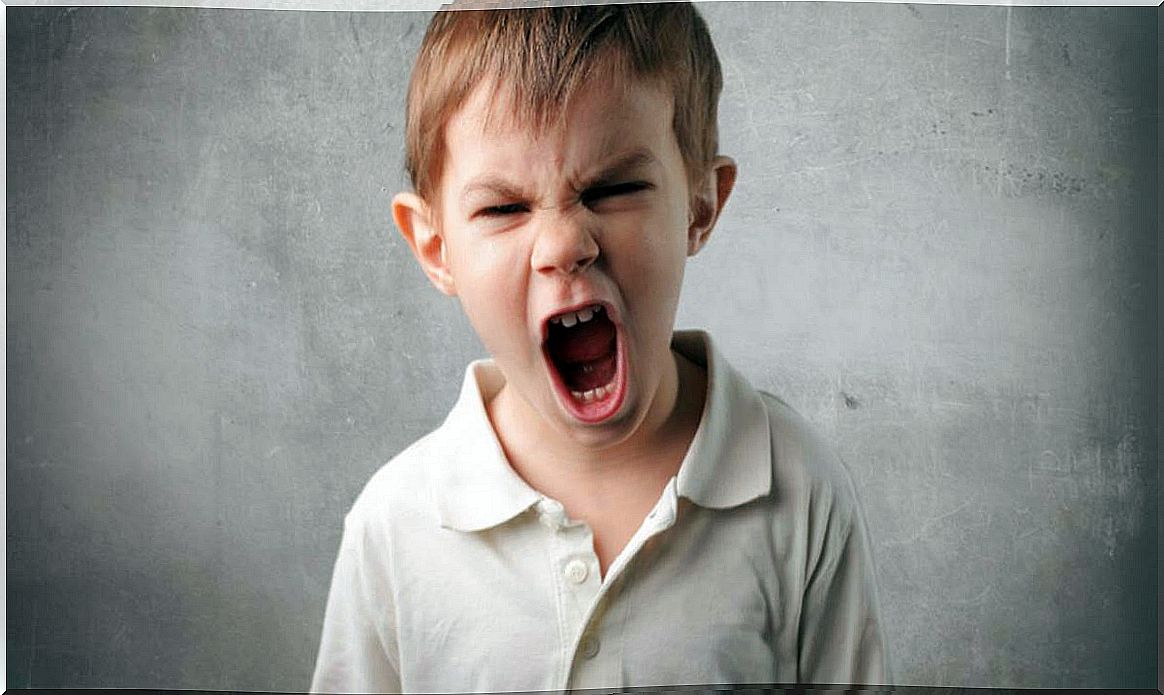
What to do when the brain looks for someone to blame for what happens to us?
When the brain looks for someone to blame for what happens to us, we must become aware of it. The mind is made up of multiple defense mechanisms of which we are not aware. We get carried away by irrational thoughts, by ideas such as “if this has happened to me, it is because of something and someone is to blame.”
Therefore, before looking for scapegoats, let’s reflect. Before looking at the shoulders of others, even at the highest levels, at our society or at the politicians, let us be able to think about how far our responsibility goes. Before turning on the fan to distribute blame, let’s focus on ourselves and look for solutions to what happens to us. It is the only way to win, to be responsible and to win in well-being.
